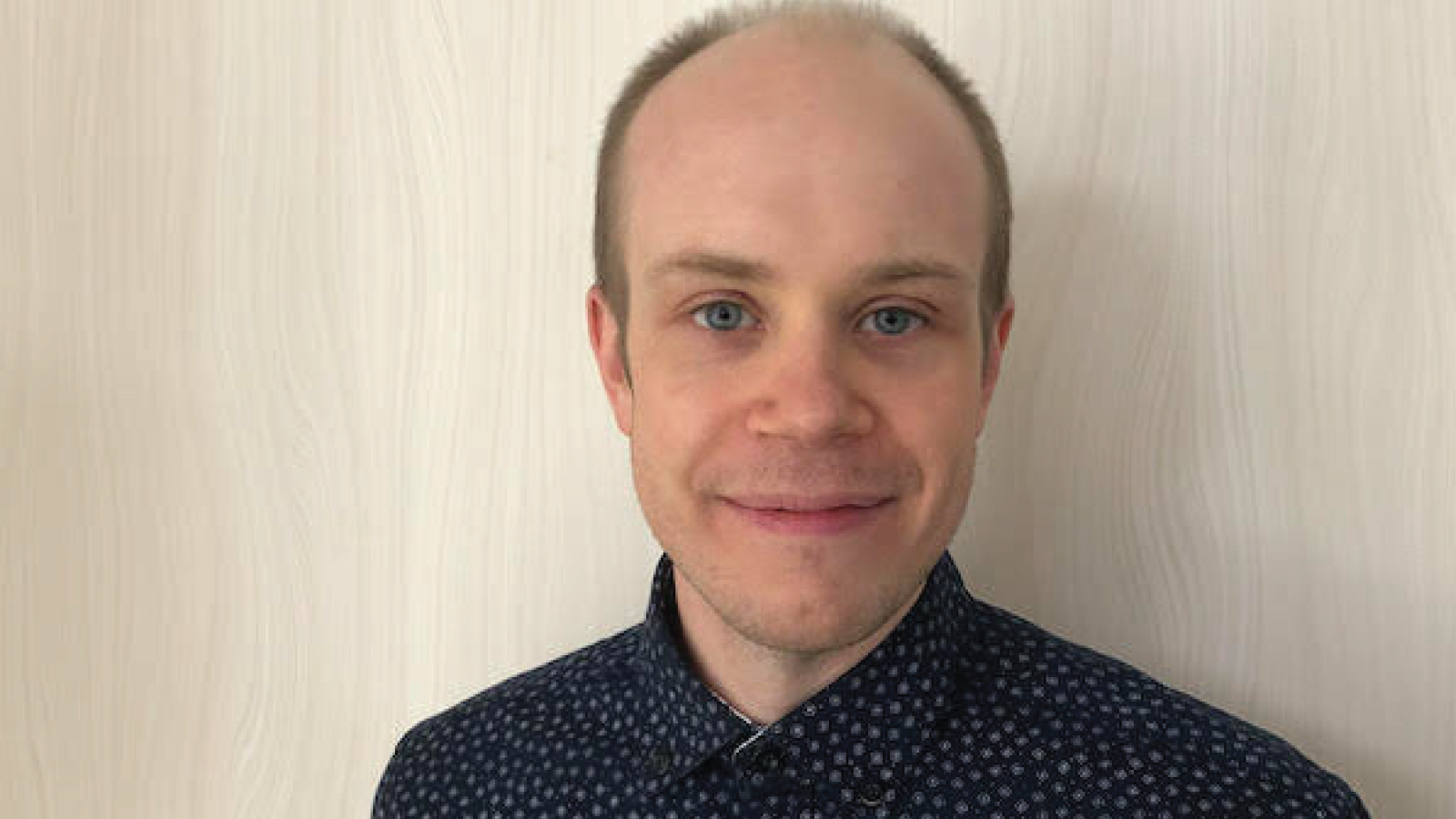Cayman Unterborn
Cayman Unterborn earned his PhD from SES in 2016 now works as an Assistant Research Scientist at Arizona State University studying exoplanet geology, particularly trying to understand exoplanet's geochemical and geophysical state in order to gauge their potential habitability to life.
Contact: Cayman.unterborn@asu.edu
"Science, like many fields, is ever changing. Being locked into a way of thinking will only put you behind. That said, be willing to converse and defend your points, but be open to different interpretations and allow yours to evolve."
Where has your degree taken you?
My degree has taken me all over the world! In fact, I’m writing this from an apartment in Tokyo, Japan during a long-term visit to the Earth Life Science Institute at the Tokyo Institute of Technology. This is my 6th time in Japan for science, my first of which was when I was a graduate student at OSU.
How do you feel your experience, specifically as an SES/geology student at OSU, prepared you for your career or life in general?
As a scientist who is interdisciplinary, I must communicate across many academic boundaries. Being a graduate of an Earth Science department gave me a broad scientific skillset to do just that. It also helped me become a better communicator with both the public and other scientists.
What is your favorite memory as a student?
I remember being asked to give a keynote talk for the SES Division of Climate, Water and Environment mini-symposium while I was a graduate student. It was quite a challenge to come up with and present a talk about exoplanets to a group very far from my field. In preparing and giving that talk I learned quite a bit about crafting a story when discussing my science. Even if the details were tough to understand, I learned that if I presented them in a coherent manner with an overarching message, the easier it would be for my audience to follow and not leave feeling confused. This experience most definitely influences my career to this day. Now I work regularly with oceanographers to investigate geochemical cycling in exoplanet oceans and how to make them habitable to life. Without that early opportunity to go outside my comfort zone, this line of my research would be much, much tougher.
What advice do you have for current and future students?
While I may not use every bit of information from every class I took in SES, the process of learning and being able to relay that information taught me how to convey my work, results and process much more effectively. No matter what you do after SES, this is a skill that’s valuable anywhere. And most importantly, be flexible and synthesize. Science, like many fields, is ever changing. Being locked into a way of thinking will only put you behind. That said, be willing to converse and defend your points, but be open to different interpretations and allow yours to evolve.

